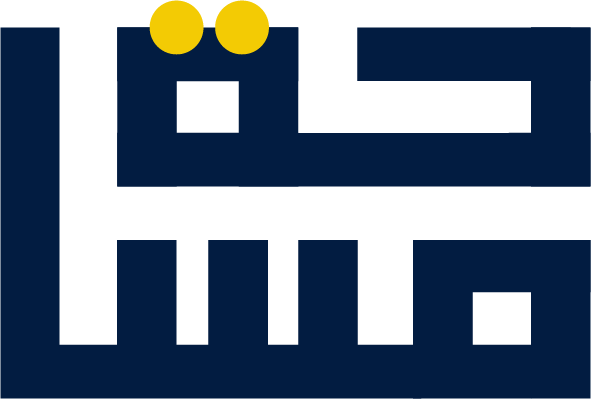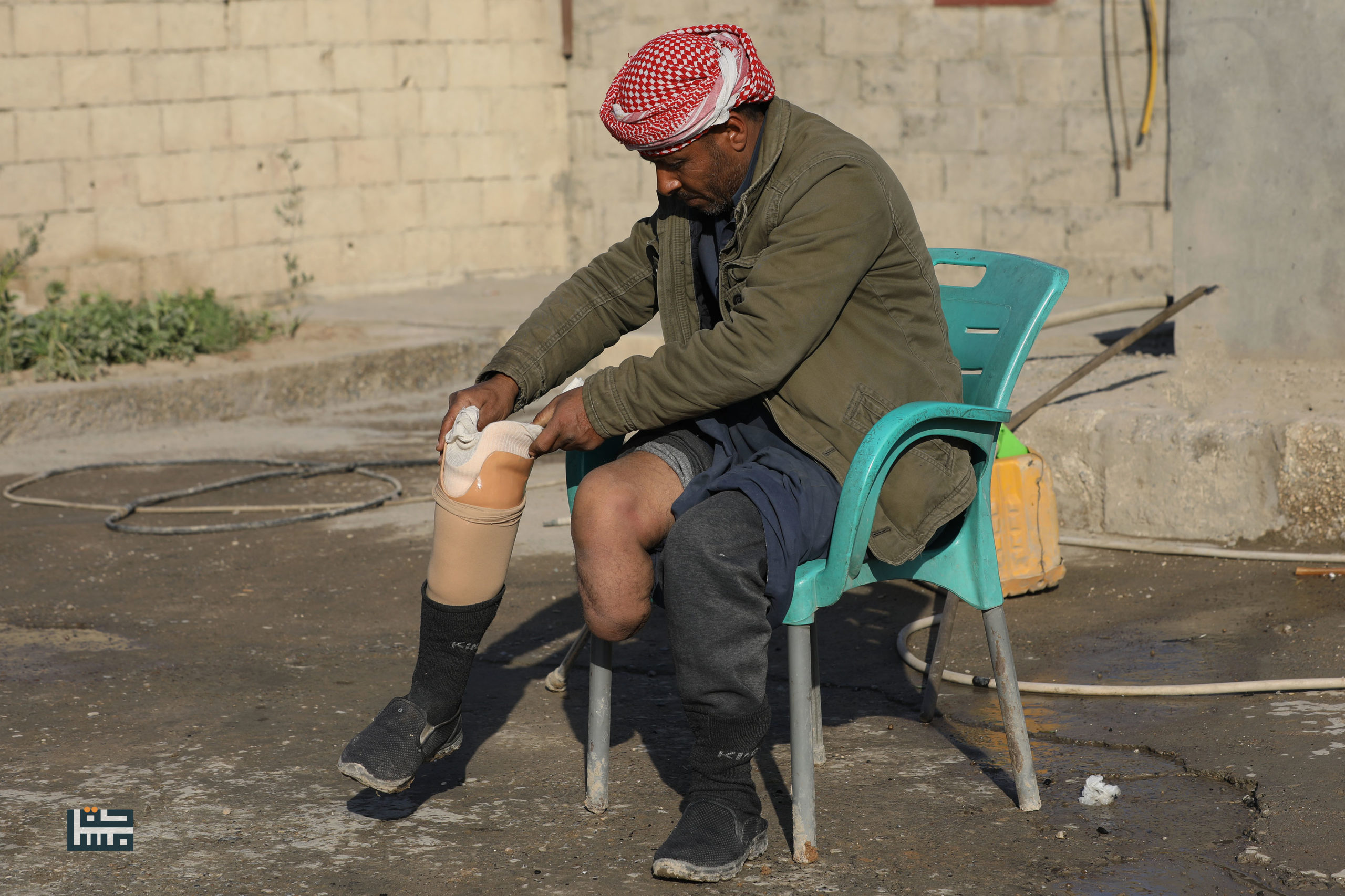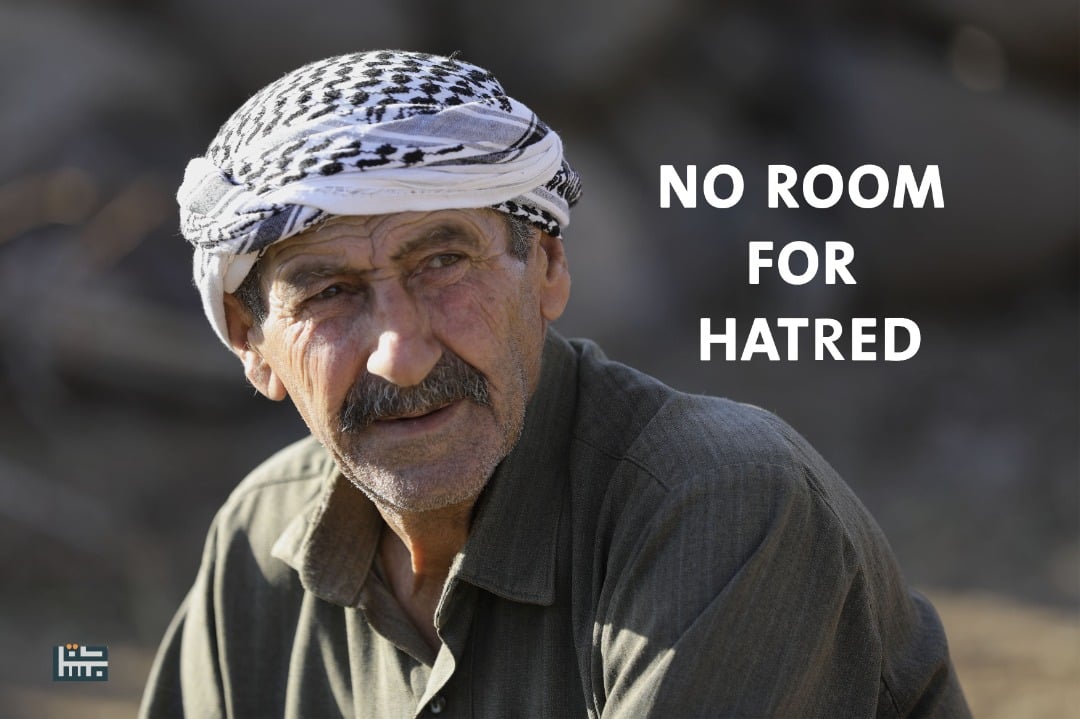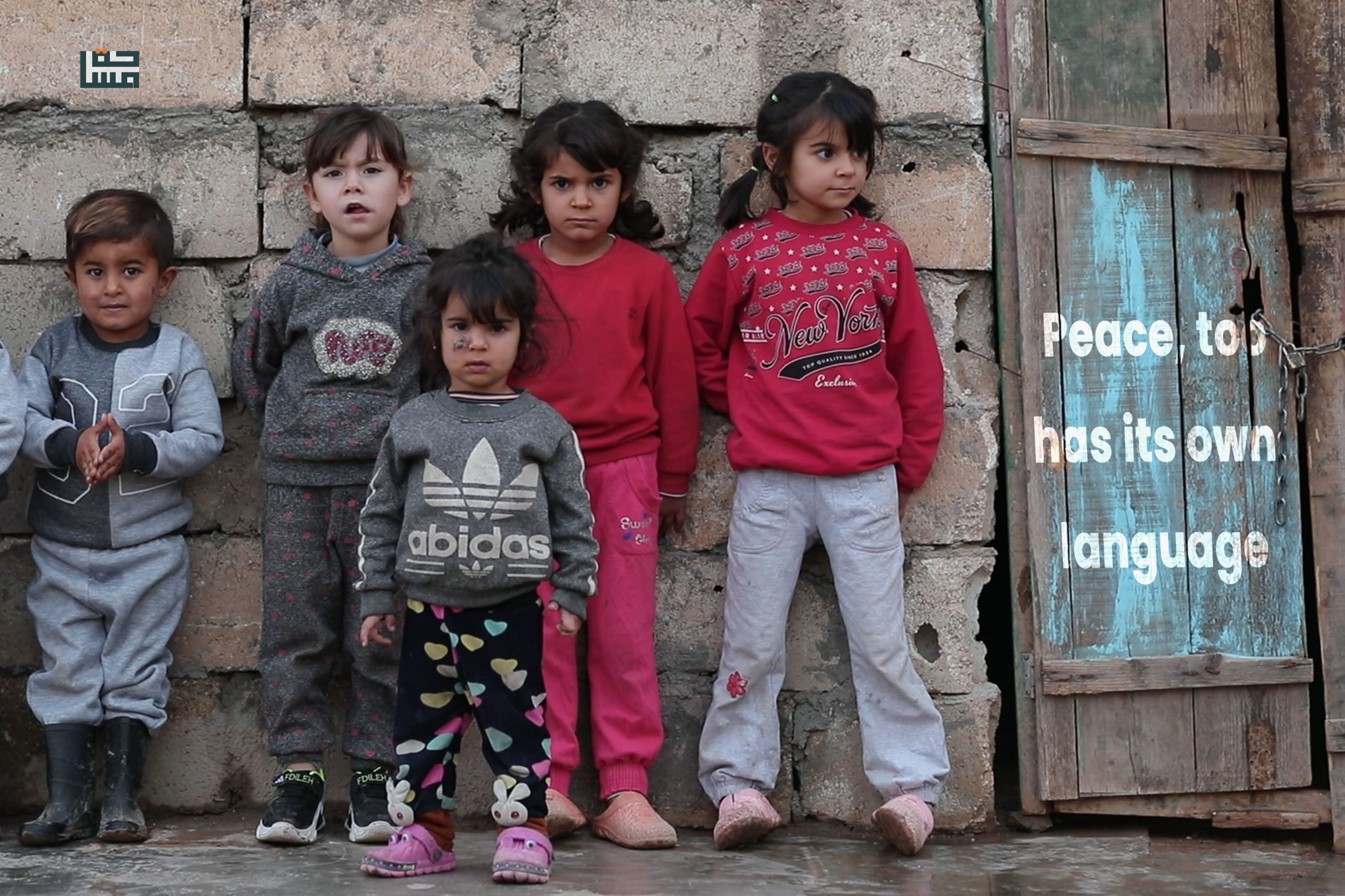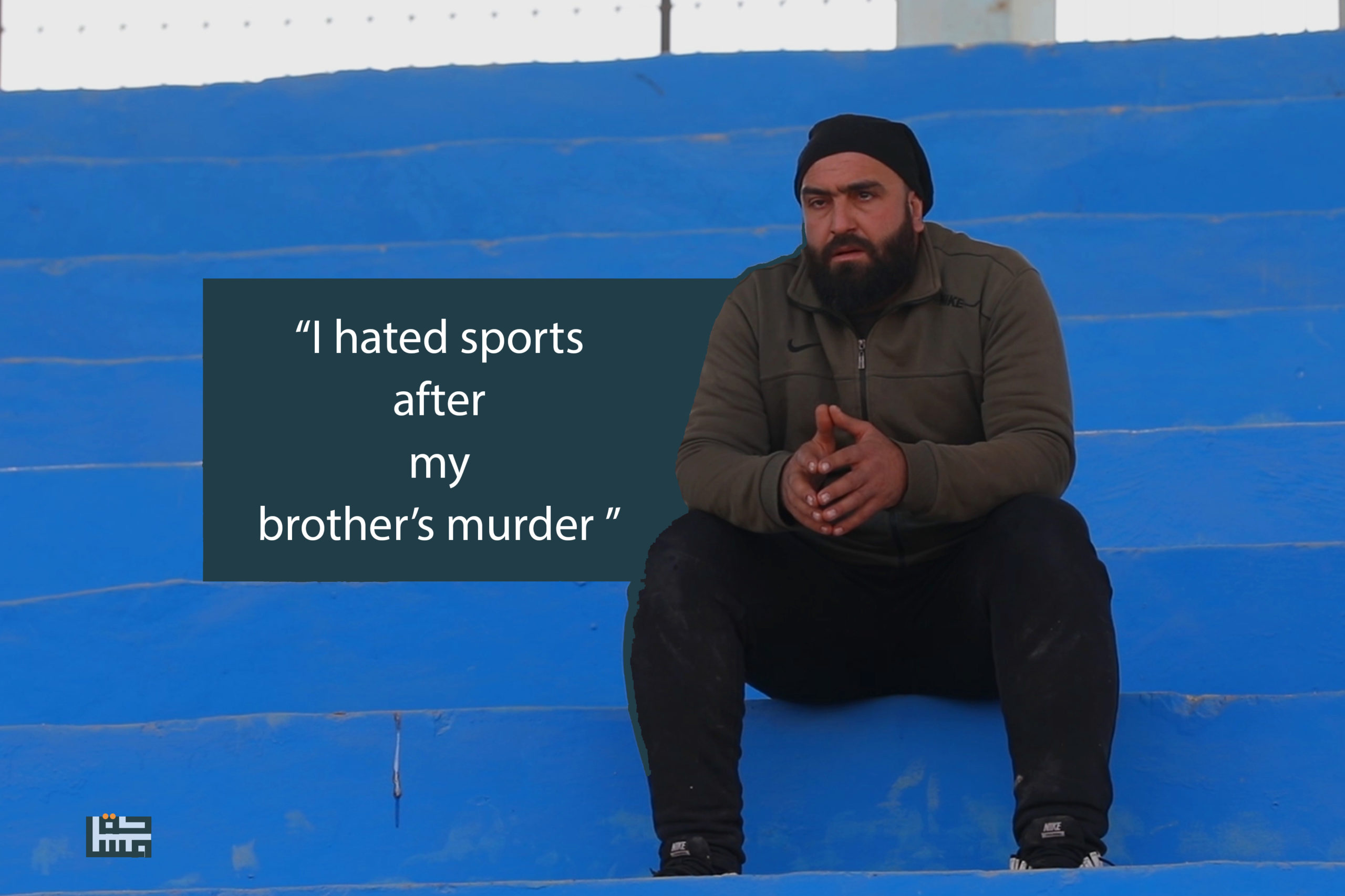“Oh mother, I am innocent”
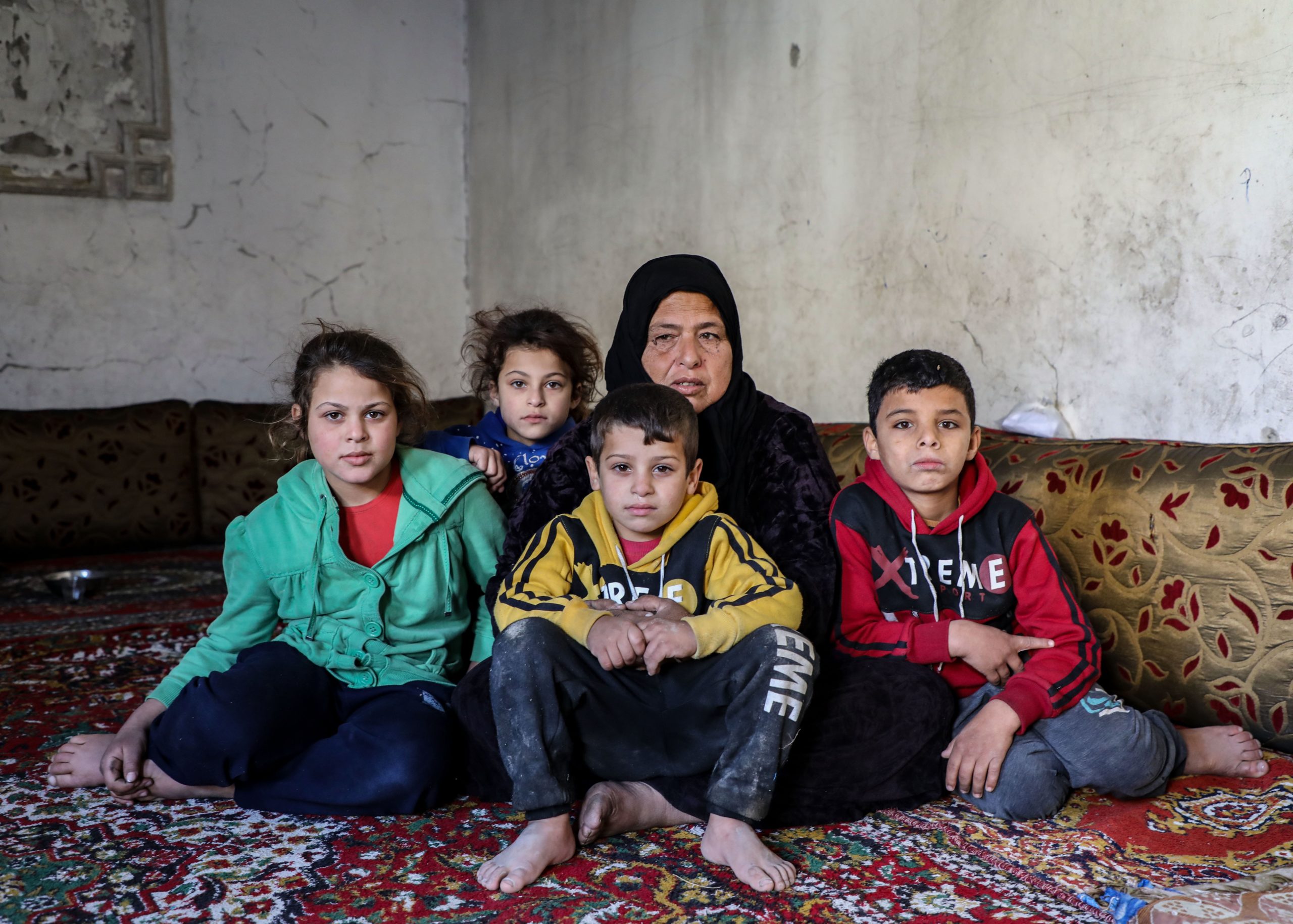
“Oh mother, I am innocent”
Darkness has painted the face of this family with an eternal sorrow; cracked walls are now the refuge of four orphaned children whose father was unjustly murdered by ISIS. An old house which is restored by the remnants of the memories of a bread seller; a poor family’s reunion which was tragically broken. Yazi, in her 70s, is a mother and grandmother.
Hussein Atallah:
A young man from the city of Raqqa, born in 1991, sells salt and dry bread in the city’s streets, winning bread for his family. He woke up in a morning, got on his bike and headed to work together with his cousin, towards the Al-Jazra junction. He was not aware that a group of ISIS elements were chasing him and then kidnapped him in the same place. His cousin returns by bicycle to his mother, telling her that “your son has been kidnapped by ISIS men.”
Searching for Hussein:
Hussein’s mother, Yazi, began to search for her son. 13 days after her son’s arrest, she learned that he was kept in the Black Stadium, which is the largest prison in the city of Raqqa (the football field that ISIS had turned into a prison). Yazi asked to see her son, but her request was refused. She went to the ISIS governor (the Wali), and he told her that she would see him in a few days; but this was not helpful.
The mother continued her efforts to see her son, and she went to several ISIS emirs, but she was not able to see him. Fifty days after Hussein’s kidnapping, the mother learned that her son Hussein was executed by two shots to the head, by a 10-year-old boy. As ISIS had forced the child to kill Hussein, the pistol fell from the child’s hand after the first shot. Yazi’s neighbor told her that Hussein’s body was lying on the ground at the Clock Roundabout. Yazi rushed with her daughters and Hussein’s wife to the roundabout to collect her son’s body, but she returned the girls home, fearing for them. She arrived at the roundabout, but she did not see him. Hussein’s body was taken to an ISIS hospital, where it was placed in a morgue, and with the help of some people, the mother took her son’s body and buried it.
Hussein’s will:
Hussein wrote in his will, which reached his mother’s through another person, saying: “Oh, mother, I am innocent and I have done nothing, and if someone asks about me, just tell them, praise be to God, and God is sufficient for us, most excellent is He in whom we trust. I am one of the oppressed, not one of the oppressors. Oh mother, I trust you my children’s care to you.” Until now, Hussein’s mother takes care of his four children, the eldest of whom is a 10-year-old girl. The family is living in a tragic situation due to the dire economic situation, the absence of a breadwinner for the family, and the need for one of Hussein’s children for treatment due to a disability in his head. After Hussein’s execution, his wife left her four children with their grandmother, and re-married, leaving them to face their own fate.
The wheel of this family’s misfortunes has not stopped. While the Yazi was sitting in the house, she heard the cry of one of her daughters. She went to the kitchen, and her daughter was burned due to the explosion of a gas cylinder. Her face was disfigured and she lost her husband who left her with her children after the incident. This family has faced violence and extremism in many forms.
Abu Ali, the ISIS Sharia judge:
Abu Ali is one of the ISIS emirs in Raqqa, and he is a Sharia judge from the town of Al-Karamah, outside Raqqa city. According to several sources in Raqqa, he was previously imprisoned by the Syrian regime in Sednaya Prison and was released at the beginning of the Syrian crisis, after which he became one of the ISIS leaders in Raqqa.
The mother went to Abu Ali’s house, and kneeled to his shoes to beg that her son, Hussein, was innocent. Abu Ali was eating apples with a knife in his hand. But his response was harsh on Yazi. Staring at Yazi, Abu Ali said to her: “Look at me, I will not leave a young man to live in Raqqa, and if I can, I will not leave young men to live in all of Syria.”
The killer was killed before the victim:
The death sentence was issued against Hussein by Abu Ali in the Black Stadium. During the preparation of the execution grounds (the Clock Roundabout), and the presence of a crowd of people who were forced to watch the execution, as Abu Ali left the stadium, he was targeted in an air strike that killed him instantly. Hussein’s mother says, “Abu Ali was killed before my son.”
Yazi says that Hussein’s uncle was present next to the corpse after the execution, but he was unable to identify it due to the severe effects of torture on his body while he was in prison for 50 days.
Abu Ali’s victims numbered in the tens. Yazi added that within a month, about 135 young men from Raqqa and its countryside were executed by sentences of Abu Ali (either by shooting or beheading). After Hussein’s execution, an ISIS security patrol justified that his execution was by fault, that the names were mistaken with someone else.
Yazi now lives in a ruined house with cracks and bullet marks on the walls as a result of the war. Yazi repaired it in a hurry, and she has to pay two million Syrian pounds for the restoration, and she cannot afford this amount.
Yazi says: “What did my son do? Not only my son, the sons of all people, what did they do? Tens of young men were killed without committing any guilt.”
